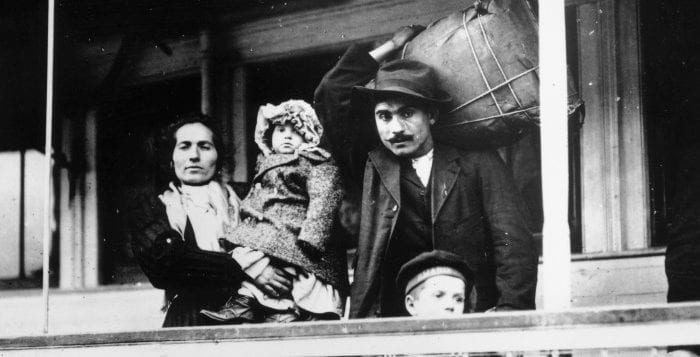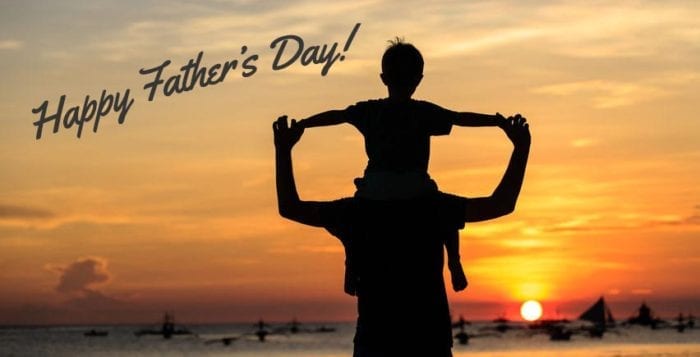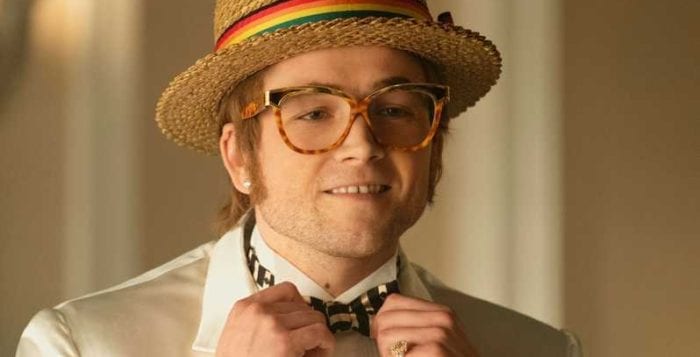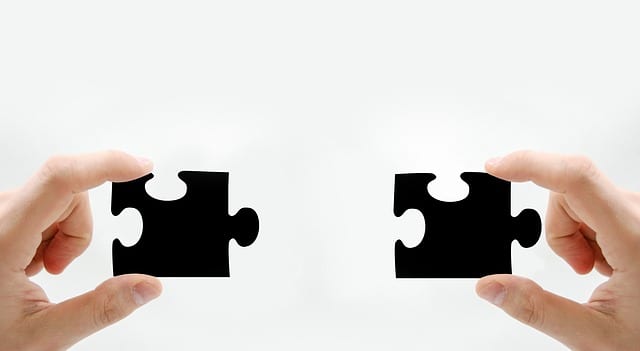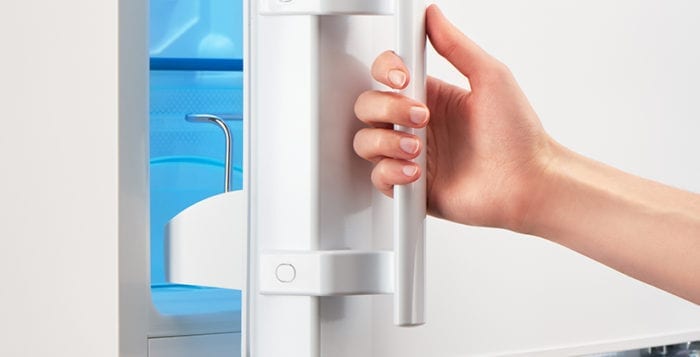By Leah S. Dunaief

My parents married on July 4, 1925. It might seem counterintuitive for them to join each other on Independence Day, but back then to marry meant independence from one’s nuclear family. They were now off on their own, together ready to start a new branch of the family. And they began to have children. They were doing what had been done for only a few centuries before them, marriage being a fairly recent construct in humankind’s history.
Given statistics today, almost a century later, what they did seems almost quaint. Tucked into the back pages of The Wall Street Journal’s Business & Finance section, amid such stories about carmaker Tesla’s quarterly earnings and predictions about the future of tech stocks, is an article that would amaze my parents but speaks to our times: “Despite high costs, more women are interested in single motherhood,” by Veronica Dagher.
Not only are couples no longer feeling the need to marry before they have children. In today’s society, some women don’t need to be part of a couple before they embrace motherhood. Increasing wages for women create economic independence, and the share of women earning top salaries in high positions exploded 500 percent between 2008 and 2012. Women have gone from 1.9 percent among the top 0.1 percent of highest earners to 10.5 percent.
In 2017, according to the WSJ article, four in 10 births were to either solo mothers or mothers living with nonmarital partners. Fifty years ago, the number was one in 10. That means these four out of every 10 children are being raised without a father. That has got to have profound effect on those children.
According to California Cryobank, a major sperm bank in the United States, about one-third of its clients are single mothers by choice. Further, the number has increased by 3 to 5 percent in the last five years. Rosanna Hertz, a Wellesley College professor, who wrote the book, “Single by Chance, Mothers by Choice: How Women are Choosing Parenthood Without Marriage and Creating the New American Family” (2006), has found that most of those mothers are college educated and earn roughly double the national household median of $110,000. But with rising salaries, not all single mothers are high-wage earners. Some have middle-class backgrounds and may even have more than one child.
What’s puzzling about this picture? Are we witnessing men being thrown away? I pray not. To paraphrase “South Pacific,” there is nothing like a man.
It’s understandable that single mothers may be single because they never found the right person to marry. Or they may be divorced or separated. Or widowed. Or they may have chosen not to marry. All of those reasons have to do with themselves. But according to Hertz, “there has been a notable increase in the number of women opting for this family structure in the 13 years” since she wrote her book. Since it takes both sexes to make a child, does a woman in good conscience have the right to knowingly deprive a child of a father because of an overwhelming maternal desire? Is it selfish or unselfish to procreate without a mate? Does boundless and unconditional love compensate?
There is a support group that deals with such issues. Called Single Mothers by Choice, it considers the emotional, financial, psychological and practical aspects of becoming a single mother. It also provides others in the same situation to talk with. To choose single motherhood is a hard and, incidentally, an expensive route. That was the thrust of the WSJ article. Right from the first step, there is no one with whom to share costs. Initial costs can range from several thousand dollars to six figures, and insurance is spotty.
It is certainly true that life does not always work out the way one would like. In fact, it almost never does. Too many bends to see around, too many roads not taken, too many disappointments. But I would just like to add a last thought from “The King and I”: Most men “can be wonderful.”


